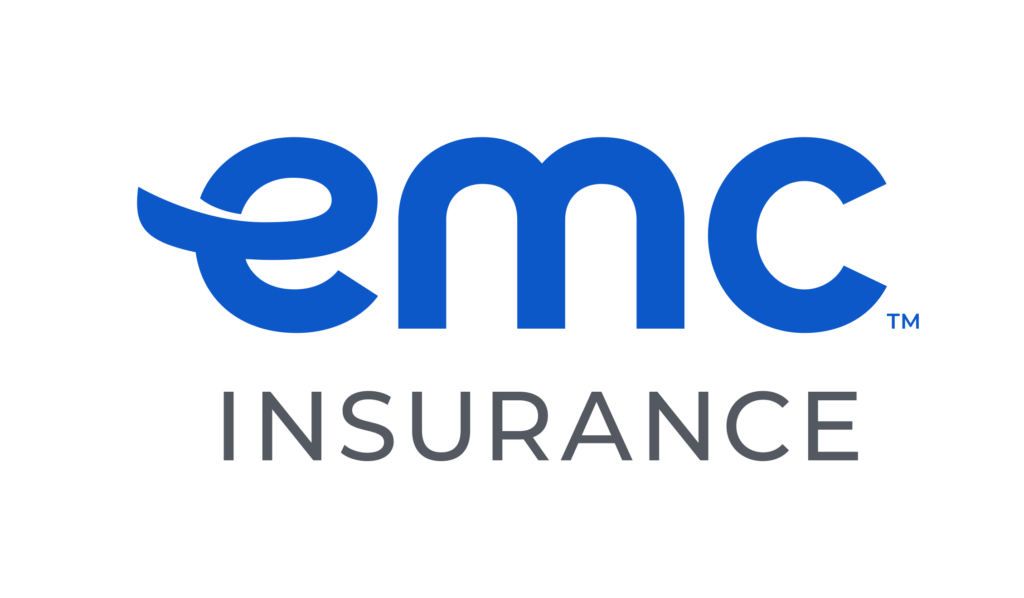Are health insurance tax credits worth the effort?

What small business couldn’t use some extra money?
The small business health insurance tax credit can potentially save companies one-third of the amount they pay annually for their employees’ medical coverage – if they qualify for it. The tax provision became effective with federal health-care reform a year ago.
In many cases, however, Central Iowa businesses have been unable to take advantage of the credits because they don’t meet the criteria, or find that the potential savings aren’t significant enough to pursue.
Lack of awareness of the credit is another challenge. Ryan Wolff, vice president of Signs Plus Inc. in Des Moines, said he hadn’t heard about the credit until the Business Record contacted him.
“I would say we would definitely look into it,” said Wolff, whose company employs 23 people and pays 50 percent of its employees’ health premiums. “It would definitely be worth exploring it,” he said.
The federal tax credit provides small business owners with a 35 percent credit on the health insurance premiums they pay for their employees. To receive the credit, a company generally must have fewer than 25 full-time equivalent employees, pay average annual wages below $50,000, and foot the bill for at least half the group coverage it offers its employees.
Additional incentive
Iowa legislators are now considering a bill that would offer some of the state’s smallest businesses an additional tax credit for offering health insurance to their employees, which experts say could make the federal credits a better deal for Iowa businesses.
The state legislation, Senate File 506, would enable small businesses with up to 10 employees to apply for a state tax credit worth 25 percent of the federal credit.
“This is one way we can help small business do something that’s valuable for them,” said state Sen. Matt McCoy, a Des Moines Democrat who serves on the Senate Ways and Means Committee. “One of their biggest expenses is health insurance. We felt that offering them a state credit would be an additional incentive to moving them toward offering health insurance.”
The bill was passed by the Senate last week on a 48-0 vote and is now being considered by the House of Representatives.
Smaller companies in Iowa, those with fewer than 25 employees, tend to see larger annual percentage increases in their premiums than larger companies, said David Lind, principal of David P. Lind & Associates LLC, a Clive-based employee benefits consulting firm. “Smaller employers are looking for ways to save on premiums, and a tax credit would certainly be beneficial,” he said.
Lind’s firm annually surveys Iowa employers regarding their benefit offerings. According to the 2010 survey, 59 percent of responding businesses with between two and 10 employees said they provide health insurance benefits, while about 85 percent of companies with between 11 and 25 employees offer health insurance.
According to the survey, those small businesses that offer insurance on average are paying between 80 and 85 percent of the premium cost for single employees’ coverage, well above the 50 percent minimum to be eligible for the tax credit.
Iowa’s proposed health-care tax credit would equal 25 percent of the amount a small business receives through the federal credit, and would apply to businesses with up to 10 employees.
For example, a business that pays $50,000 per year for health premiums would receive a federal credit of $17,500. Under the proposed legislation, the business would also receive a state credit equal to 25 percent of the federal credit, or $4,375.
McCoy estimates that 60,000 Iowa businesses with 10 or fewer employees could benefit from the state tax credit.
Wolff said that maintaining employee health insurance coverage has been a difficult balancing act for Signs Plus. The company experienced a large premium increase in 2009, he said.
“With that large increase, we had to pass that along to our employees,” he said. “We really couldn’t help to offset it.” For this plan year, the company shopped around and found a lower rate, and passed the savings along to its workers.
‘No small task’
Navigating the twists and turns of the tax rules to claim the federal credit is time-consuming, even for seasoned certified public accountants. As the income tax filing season wraps up this year, CPAs have been busy advising clients about the new federal tax credit, which can be claimed for tax years 2010 through 2013 and for any two years after that.
Deciding whether it’s cost-effective to claim the credit is “no small task,” said Scott Flood, a small business tax director at the Des Moines office of RSM McGladrey Inc. “We’re looking for it, because I’ve seen $3,000, $5,000, $6,000 credits,” he said. “For a small business, that’s real money.”
Flood noted, however, that he bills clients separately to pursue the tax credit because it’s so time-consuming. “So the cost could exceed the benefit of doing it,” he said. “I sometimes say, ‘Let’s look at this next year.’”
Joe Teeling, president and CEO of West Des Moines-based insurance brokerage Bearence Management Group, said that more often than not, the credit hasn’t made sense for his clients.
“I just think the way it was set up has made it difficult for a majority of small businesses to take advantage of it,” he said. “What we’ve seen is that when clients go through the calculation, it rarely ends up being worth it.”
Nevertheless, Teeling said he has noticed that more small businesses in Iowa appear to be offering health insurance, though he’s not sure why.
According to a recent analysis by the Democrat members of the U.S. House Committee on Small Business, nearly 650,000 small businesses nationwide began offering health coverage in 2010, including almost 6,700 companies in Iowa.
That report also estimates that approximately 72,400 small businesses in Iowa are eligible to apply for the federal tax credits.











